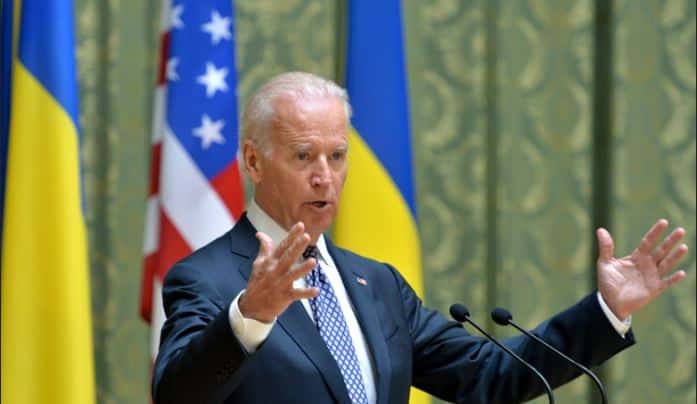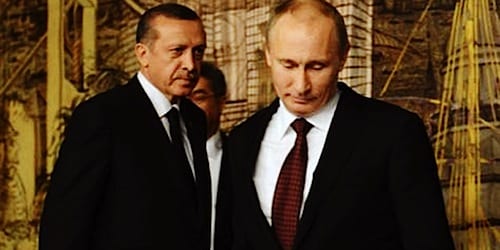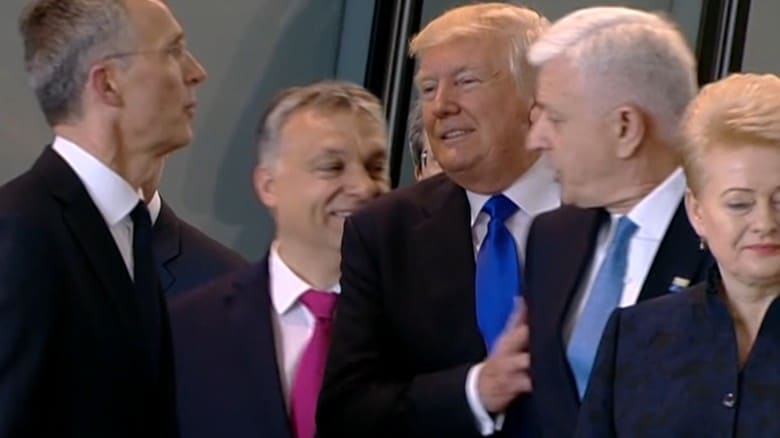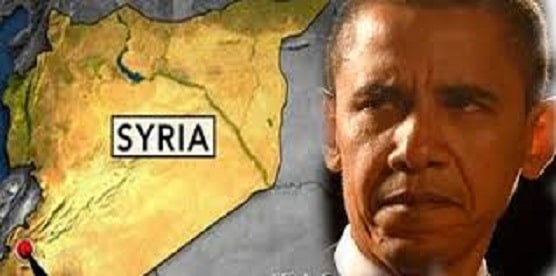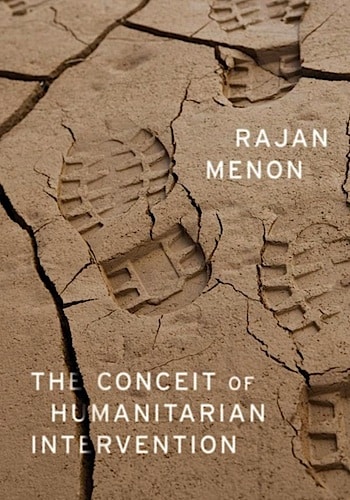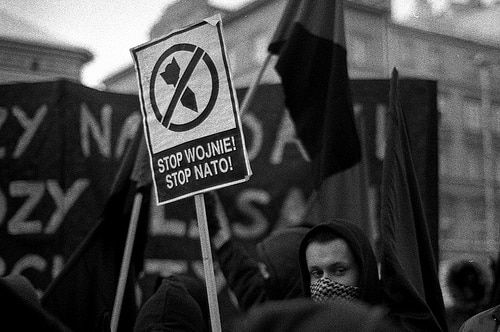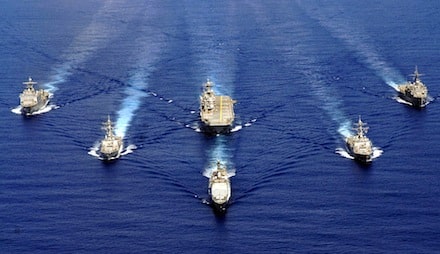The war in Ukraine has dragged on long enough now to reveal certain clear trajectories. First, two fundamental realities: 1) Putin is to be condemned for launching this war– as is virtually any leader who launches any war. Putin can be termed a war criminal–in good...
